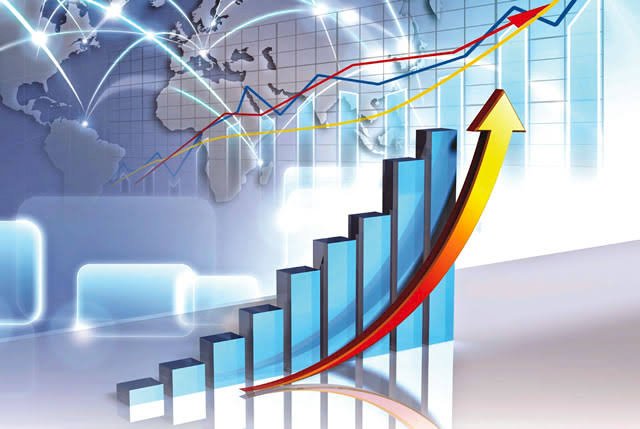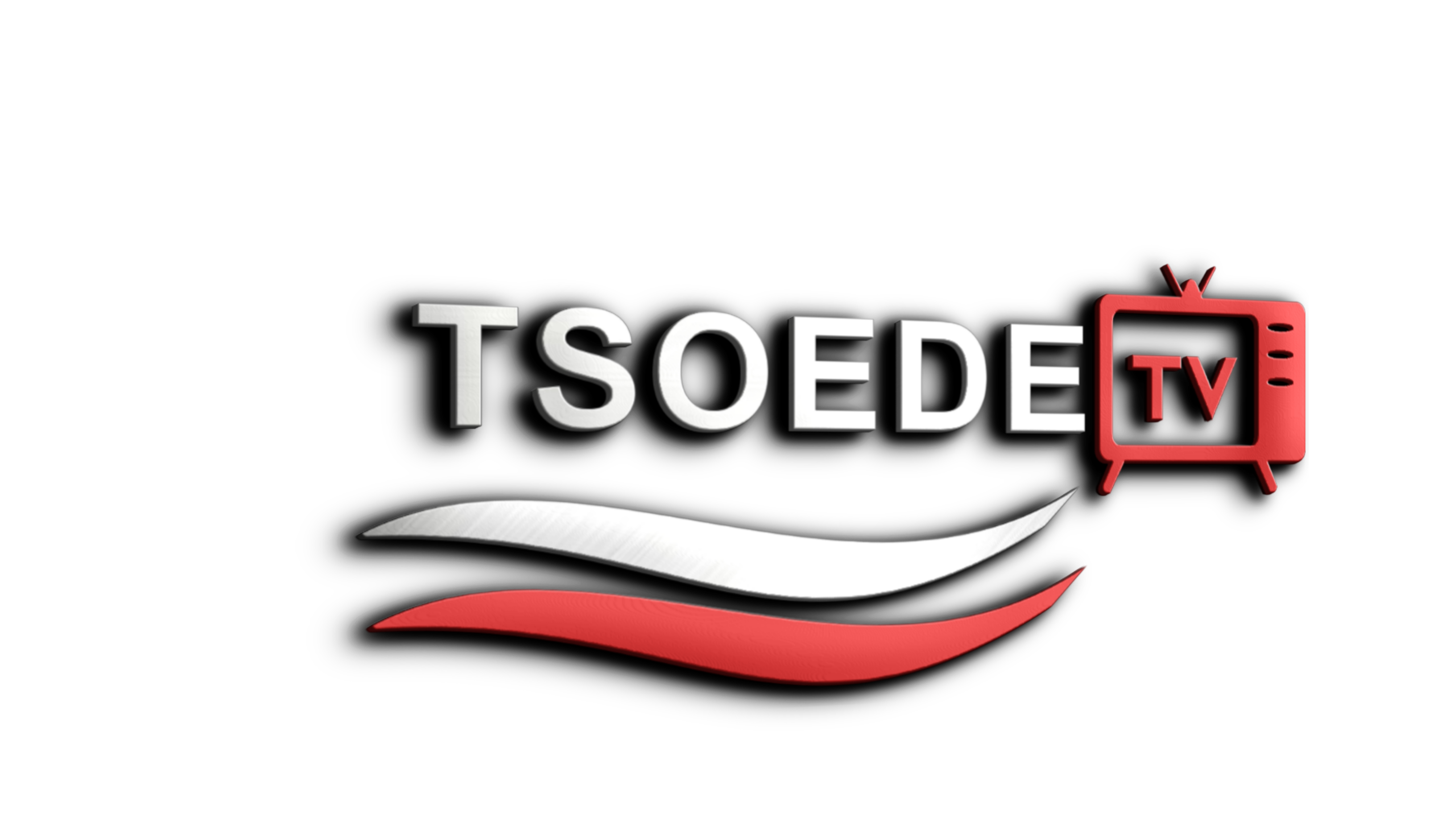FG To Train 500,000 Public Servants On Digital Economy

The Bureau of Public Service Reforms (BPSR) says plans are underway to train 500,000 public servants on digitisation and Information Technology (IT) to improve service delivery. Mr Dasuki Arabi, the Director-General of the bureau disclosed this when he featured at the News Agency of Nigeria (NAN) forum in Abuja on Sunday. Arabi said that the bureau was working with the U.S. government and other key private sector agencies to ensure the training of public servants on digitisation and use of IT among others. He said that the Federal Government had approved an e-government master plan agenda for digitisation of the processes and provision of the hardwares connectivity that civil servants needed to work with. ” If that is done, the process and the speed of delivering service are going to be faster, cheaper and easier. “Government has issued a circular directing digitisation of all processes.
“We are working with the private sector to build the capacity of the public servants to understand the language.
“For instance, accountants used to raise vouchers and cheques to pay contractors and salaries, now they are doing that electronically. “The vouchers and the papers that we used to have in files have now been transferred into data system. “So they need to understand the digitised language, eat the language and speak the language to enable them properly sit and manage the transformation to a digital economy.’’ He said that the aspiration of the reforms was for the Nigerian public service to be among the first 20 in the world by the year 2025. He said that by the year 2030, the Nigerian public service should be paperless and fully digitised. (NAN)“For instance, accountants used to raise vouchers and cheques to pay contractors and salaries, now they are doing that electronically. “The vouchers and the papers that we used to have in files have now been transferred into data system. “So they need to understand the digitised language, eat the language and speak the language to enable them properly sit and manage the transformation to a digital economy.’’ He said that the aspiration of the reforms was for the Nigerian public service to be among the first 20 in the world by the year 2025. He said that by the year 2030, the Nigerian public service should be paperless and fully digitised.
(NAN)

 TSOEDE TV
TSOEDE TV 












